Texas is famous for a lot, including football, barbecue, and our unofficial motto “everything’s bigger in Texas.” One of those things that’s bigger here in Texas is our bat population. In fact, Texas 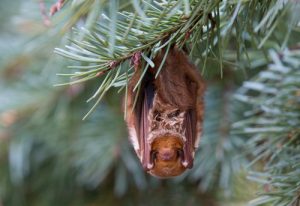 has the highest population of bats in the country, and is the home of the single largest colony of bats in the world.
has the highest population of bats in the country, and is the home of the single largest colony of bats in the world.
Of the more than 1,000 species of bats in the world, Texas is home to some of the most interesting and amazing species anywhere. Here are five of our favorites:
Mexican Long-Tongued Bat
If you enjoy drinking tequila or mezcal, you can thank the Mexican long-tongued bat. Farmers who grow the agave plant that is necessary to produce both drinks depend on bats to pollinate the plants to help production. This species of bat migrates along the groups of agave crops from Central America through the southern United States, pollinating the plants as they go.
Mexican Long-Nosed Bat
Similar to the Mexican long-tongued bat, the Mexican long-nosed bat feeds on plant nectar to survive. Texas is as far north as this bat will go, but they are still often found pollinating night-blooming cactus throughout the state. They are one of the biggest pollinators of various cactus flowers, and their long nose allows them to reach the nectar at the bottom of the flower, lending to the bat’s name.
Eastern Red Bat
Many kinds of flying predators snatch their prey while flying through the air, but the eastern red bat does it a little differently. This bat captures insects and other prey by somersaulting through the air and wrapping its wings the victim. They then reach their head down into the pouch formed by their wings, eats their prey, and flies off all in one motion. The eastern red bat sticks to forested areas and feeds primarily on moths and beetles.
Hoary Bat
One of the most widespread species in the country, the hoary bat can be found as far north as Canada, and there are even related species all the way out in Hawaii. This species is migratory, though males and females utilize different migration patterns. They primarily eat flies, beetles, grasshoppers, and even dragonflies.
Southern Yellow Bat
This migratory bat inhabits the plains of south Texas as well as the gulf coastal plain of the state, and spend much of their time hunting insects after dark. They use echolocation to find their prey in the night, and tend to live in wooded areas that offer cover and concealment. As the use of ornamental palm trees increases throughout the country, some believe that the bat is expanding its range to match that.
Let Us Help You
We’ve built a reputation as the premier animal control solution in the Dallas area, and when you choose to work with us, you’re guaranteed to get top-notch service. If you have nuisance bats on your property, our bat removal specialists can assess your situation and create a plan that suits your needs. Call us today at (214) 225-2217 to schedule your consultation.




 are more common that you might think, and when it happens, it is not something to be taken lightly.
are more common that you might think, and when it happens, it is not something to be taken lightly. overhead early in the morning or as you’re sitting down to eat dinner. Once you head to the attic to investigate, you may be welcomed by a distinctive animal smell. You look over and catch sight of a bushy tail and confirm you have a squirrel living in your attic.
overhead early in the morning or as you’re sitting down to eat dinner. Once you head to the attic to investigate, you may be welcomed by a distinctive animal smell. You look over and catch sight of a bushy tail and confirm you have a squirrel living in your attic.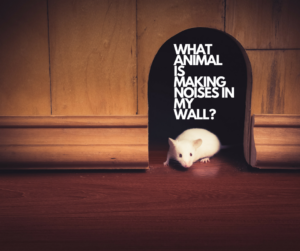 be normal. However, if the noises you are hearing aren’t mechanical, they could be from
be normal. However, if the noises you are hearing aren’t mechanical, they could be from  their small stature, they’re capable of causing serious damage. Almost any homeowner has some kind of story about a squirrel pillaging a birdfeeder or creating mischief of some sort on his or her property. Critter Control in Dallas has years of experience dealing with squirrel damage. Beware the damage squirrels can cause, and address any squirrel-related issues quickly.
their small stature, they’re capable of causing serious damage. Almost any homeowner has some kind of story about a squirrel pillaging a birdfeeder or creating mischief of some sort on his or her property. Critter Control in Dallas has years of experience dealing with squirrel damage. Beware the damage squirrels can cause, and address any squirrel-related issues quickly.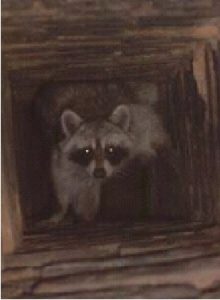 densely-populated areas can be particularly troublesome.
densely-populated areas can be particularly troublesome.  omnivores and will eat just about anything. Garbage is a common staple for raccoons and can cause headaches for business owners, property managers, and homeowners. Critter Control in Dallas has extensive experience in dealing with common raccoon problems.
omnivores and will eat just about anything. Garbage is a common staple for raccoons and can cause headaches for business owners, property managers, and homeowners. Critter Control in Dallas has extensive experience in dealing with common raccoon problems.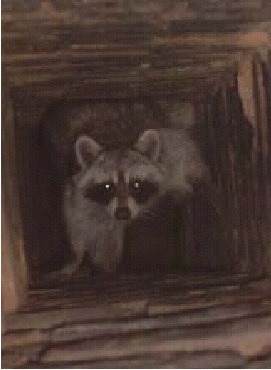
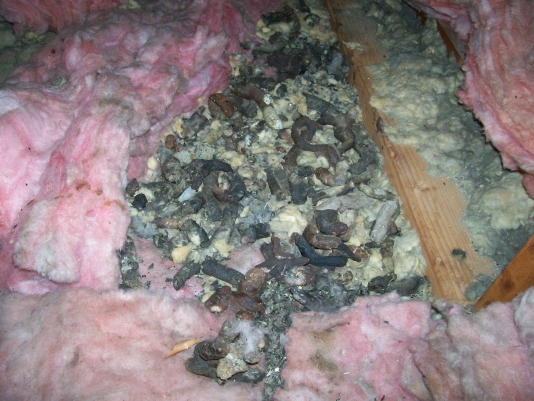
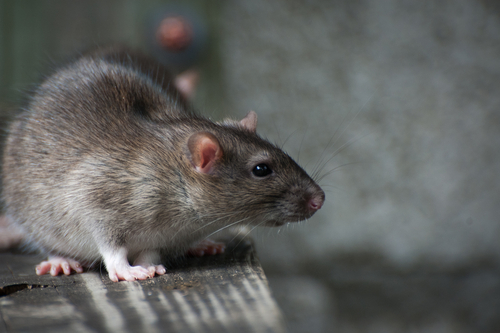 which are sometimes referred to as Norwegian rats, are generally found digging under homes or in garbage cans. Black rats are most often found building nests in the attics or walls of homes, which has earned them the nickname of roof rats.
which are sometimes referred to as Norwegian rats, are generally found digging under homes or in garbage cans. Black rats are most often found building nests in the attics or walls of homes, which has earned them the nickname of roof rats.